Book Review: The Sea Gate by Jane Johnson
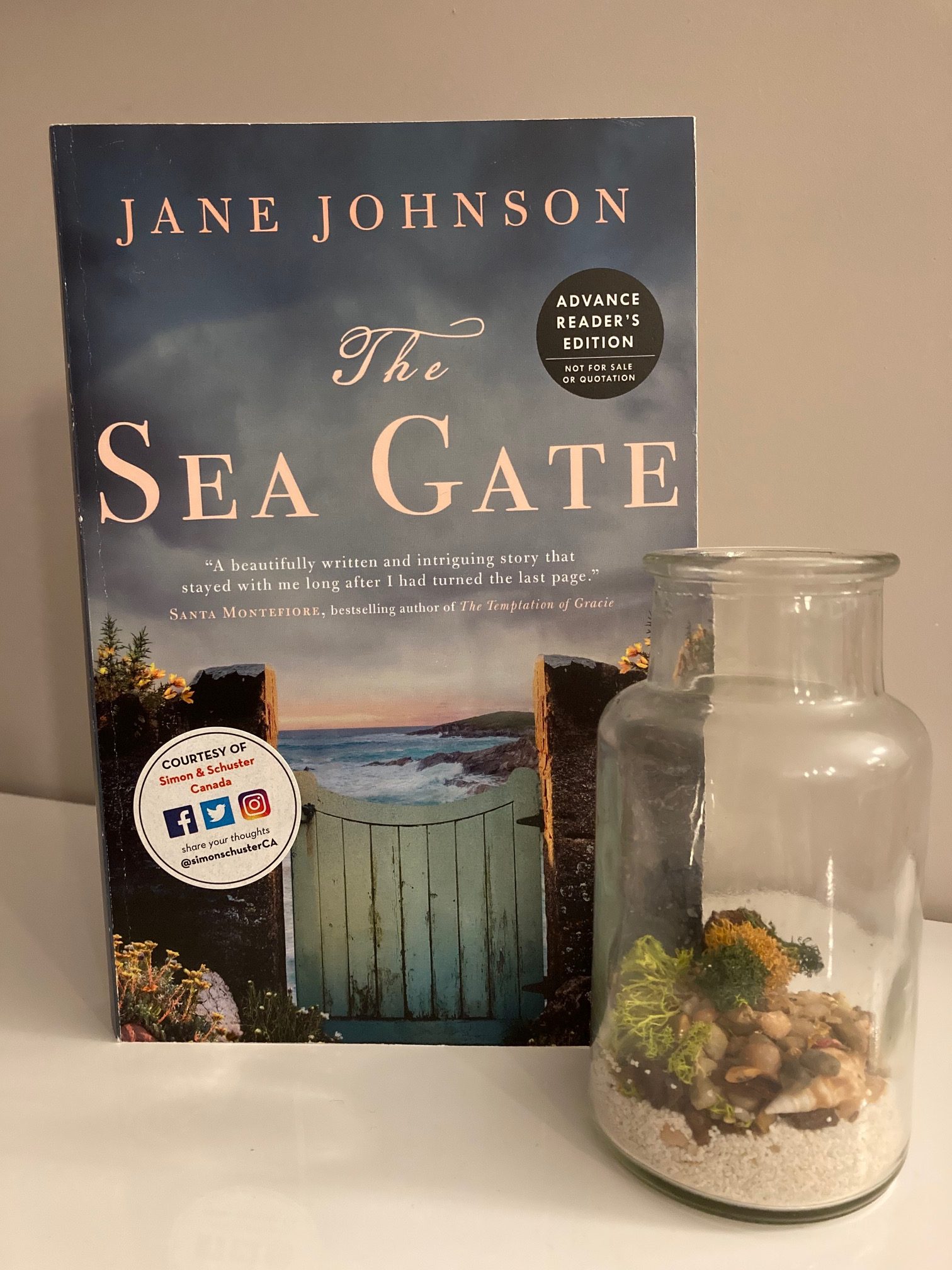
Historical fiction isn’t typically a genre I get excited about. It’s one of those things that I tend to enjoy once I’ve been forced into it, but don’t actively seek it out on my own (I also feel this way about travel, and I blame my father for this general reluctance). Anyway, The Sea Gate by Jane Johnson has been popping up on my bookstagram quite a bit, so I figured it’d give it a go. And because I don’t always read the book descriptions that accompany my bookmail, I was delighted to discover that this book has a dual timeline, one in the present and one in the past. Historical fiction purists may not appreciate the present-day addition, but I enjoy some modern-day asides because it eases me into the older time period we’re supposed to be learning more about. It also creates a starker contrast between ‘then’ and ‘now’ which ramps up the overall suspense of the book.
Plot Summary
Becky’s mother has died, so she is working with her (insufferable) older brother to clear out her stuff. While sorting through old papers, she comes across a letter written to her mother from an old cousin, Olivia. Olivia is asking for help because she’s 90 years old and living by herself in her crumbling childhood home by the sea. Social services deems the house inhabitable, (it has an outdoor washroom for starters) but headstrong Olivia is adamant she wants to continue living there so she needs help renovating it. Meanwhile Becky lives with a selfish man named Eddie, and is generally floundering in her current circumstances so this cry for help is the perfect distraction and she sets off to help Olivia. While we accompany Becky on this new adventure, the dual timeline also follows Olivia as a teenager experiencing the horror of WWII. Secret tunnels, a parrot with a foul mouth and parental disappearances are just a few of the surprises this book has in store for you.
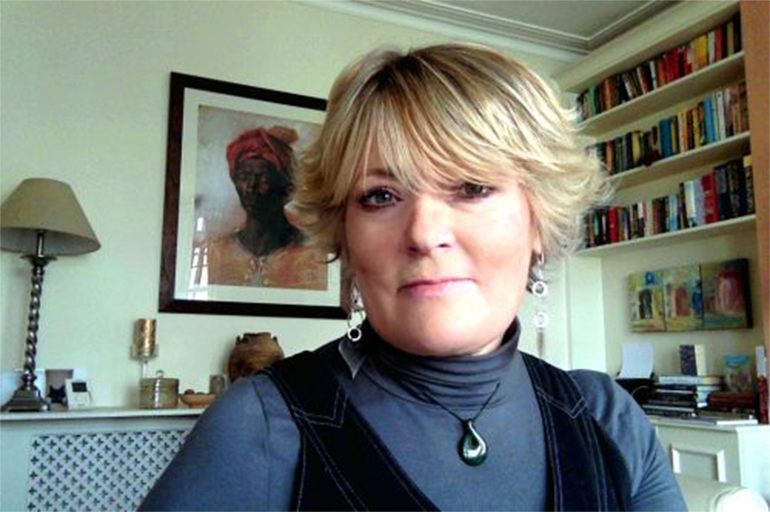
My Thoughts
The Sea Gate is full of memorable characters, each of them so vivid they drew me into the convoluted plot and kept the pages turning. Becky is a breast cancer survivor and quite tough, but also struggles to assert herself amongst family and friends. It’s clear from the start that Eddie is no good, yet she hesitates in leaving him for the seaside when called to Olivia’s side. Luckily Olivia is a force to be reckoned with, and she becomes a role model for Becky when she needs it most. So even though Becky was an irritating figure in the first half of the book, I came to respect her and her actions as the story progressed. Olivia’s development is the most fascinating, not only because we see her both as a teenager and senior, but because her story is really at the heart of this book. My only complaint about the characters was the two main love interests, both men of colour who were consistently exoticized. Although the author, (through the voice of Olivia) admits she is ‘othering’ these men, the constant reference to their different language, their brown skin, their love of sweet tea etc. made me a bit uncomfortable as a reader. Perhaps I’m being overly sensitive, but it felt like these men were being objectified for the pleasure of white female readers. If anyone else has read this book, I’d love to hear your opinion on this in the comments!
The busy plot of this book is what I loved most about it. Olivia’s experiences as a teenager are both harrowing and entertaining; her bravery in the face of evil, her first experiences of romance and the unfair expectations heaped upon her at such a young age all coalesce into an engaging story. Olivia’s own experiences are wild enough on their own, but when combined with Becky’s difficult love life and attempts at renovating the seaside home, there’s plenty to keep every kind of reader satisfied. There aren’t any twists per se, but there are many believable complications that push the characters along the grand story arc which kept me reading just one more page. The adjective ‘sweeping’ is frequently used to describe works of historical fiction, but in this particular case ‘sweeping’ is the perfect descriptor for this memorable adventure. I’d be comfortable recommending this to just about any bookworm because there’s so much in this one novel to discover and delight in.

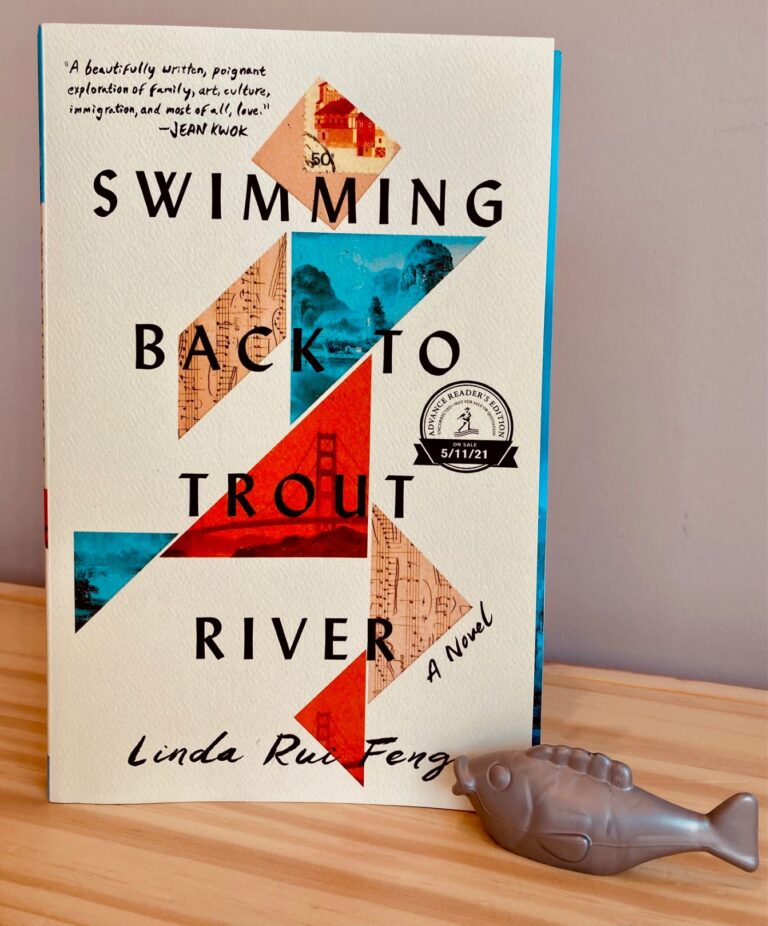
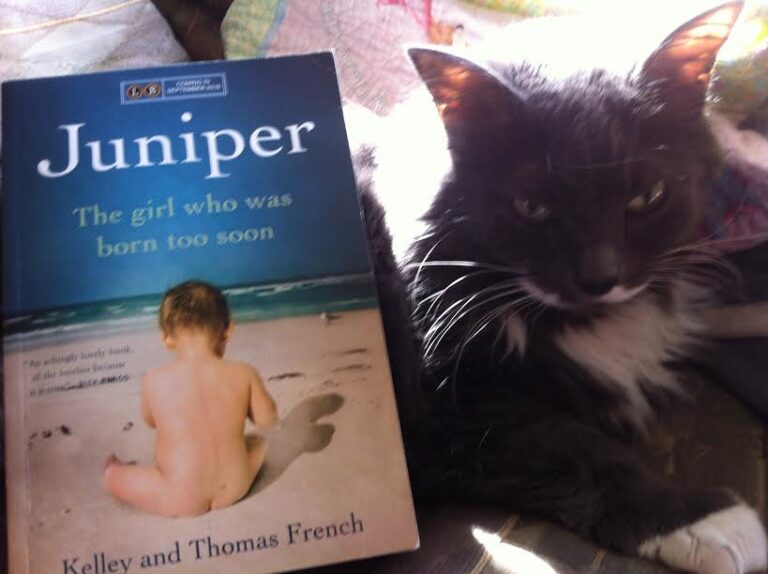
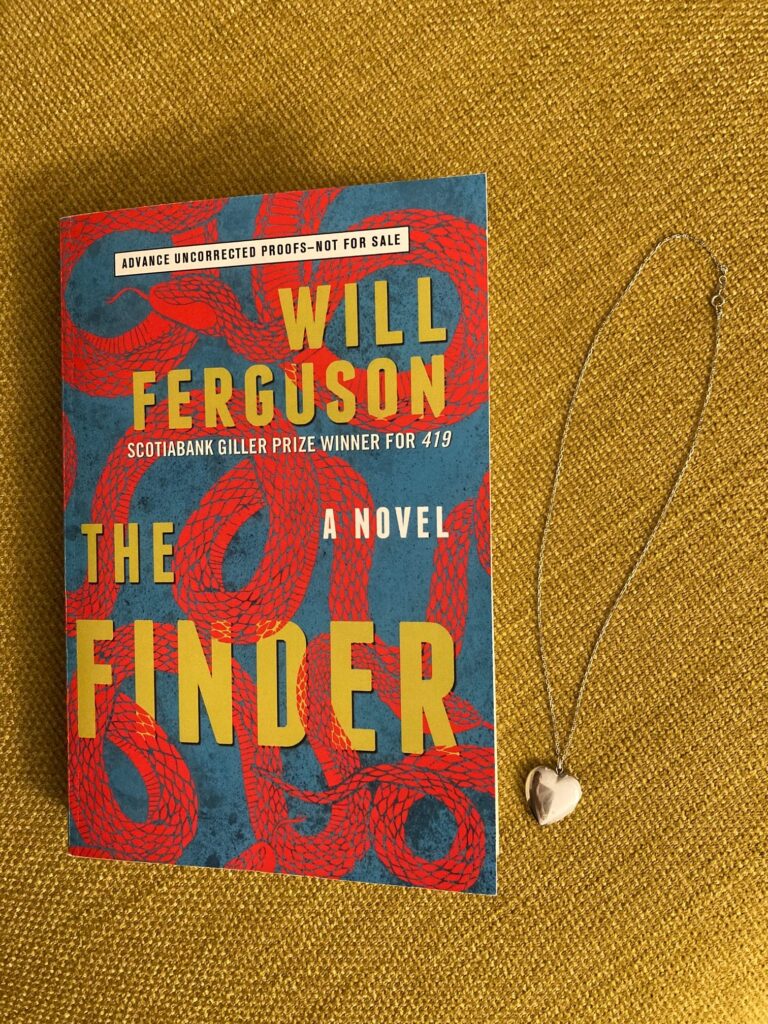
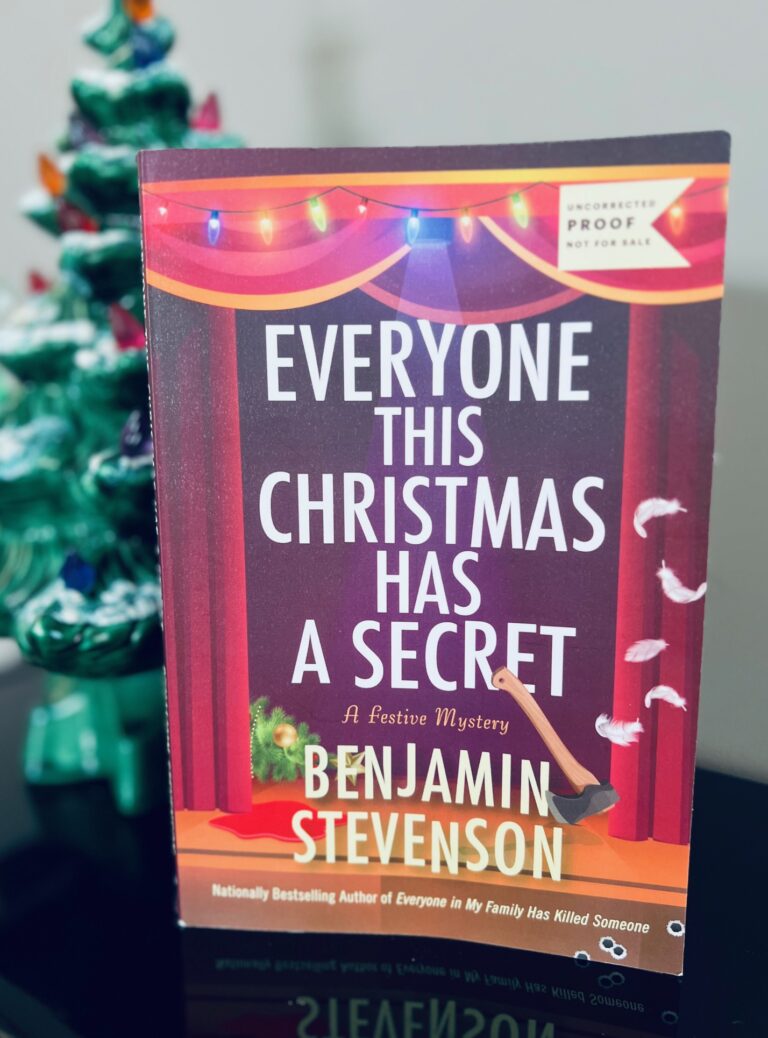
Sometimes ‘sweeping’ really is the right word. I mean, that’s how cliches get started, right? This doesn’t sound like a match for my reading taste, but I enjoyed reading your thoughts on it all the same.
So true! It’s funny how often we fall back on cliches because they do make sense a lot of the time haha
Interesting about the “othering”. Were the men in question foreigners from a far-away land, where a bit of exoticism might seem OK-ish, or were they simply men of colour but living in the same culture as the women, where it would seem totally off?
actually a little bit of both. And the author herself went travelling and married an Arabic man so it’s not coming from a place of ignorance or malice, it was just…sort of weird? normally these things don’t stand out for me, but this one felt especially obvious
Exoticizing someone based on their skin color is gross, regardless of where they are from. There’s nothing quite as garish as one person ooohing and ahhhhing over another person for their accent, skin color, food choices, etc. Reading that once would make me feel gross, but if the author kept it up, I likely wouldn’t finish.
The author herself married an Arabic man (she is a white woman) so I don’t think it’s coming from an ignorant place on her behalf, but it did make me a bit uncomfortable. And if I’m uncomfortable as a white woman, I can only imagine how a POC would feel reading it.
She might exoticize her own husband. It happens. I know it happened when The Mummy came out in 1999 and we all fell in love with Ardeth Bay, played by Oded Fehr. OMG. I’m getting sweaty thinking about it.
LOL
I did feel like the author’s personal preferences toward men of this culture and color were kind of pushed on me a bit, but I’m less inclined to be offended after reading her own story in the book flap about marrying a Berber chef while rock climbing in Africa. As an American woman who has visited Africa myself, there really is a dramatic shift in temperment, culture, mores, and treatment you’ll get from the people in Africa. For a girl (Olivia or Becky) used to being treated coldly by the men of their own culture, the warmth and gentleness that characterizes interactions with men of this other culture is probably something the author has personally experienced. I was only in Africa for 2 weeks and men expressed themselves there in utterly different ways. It was not uncommon for shopkeepers to beam warmly at you, ask you your whole life story and hold your hand as you perused their wares. That happened to me and the rest of my group many times.
Wow this is fascinating! It’s been awhile since i read this book so I can’t speak specifically to it, but really appreciate your thoughtful comments. Thanks for stopping by!